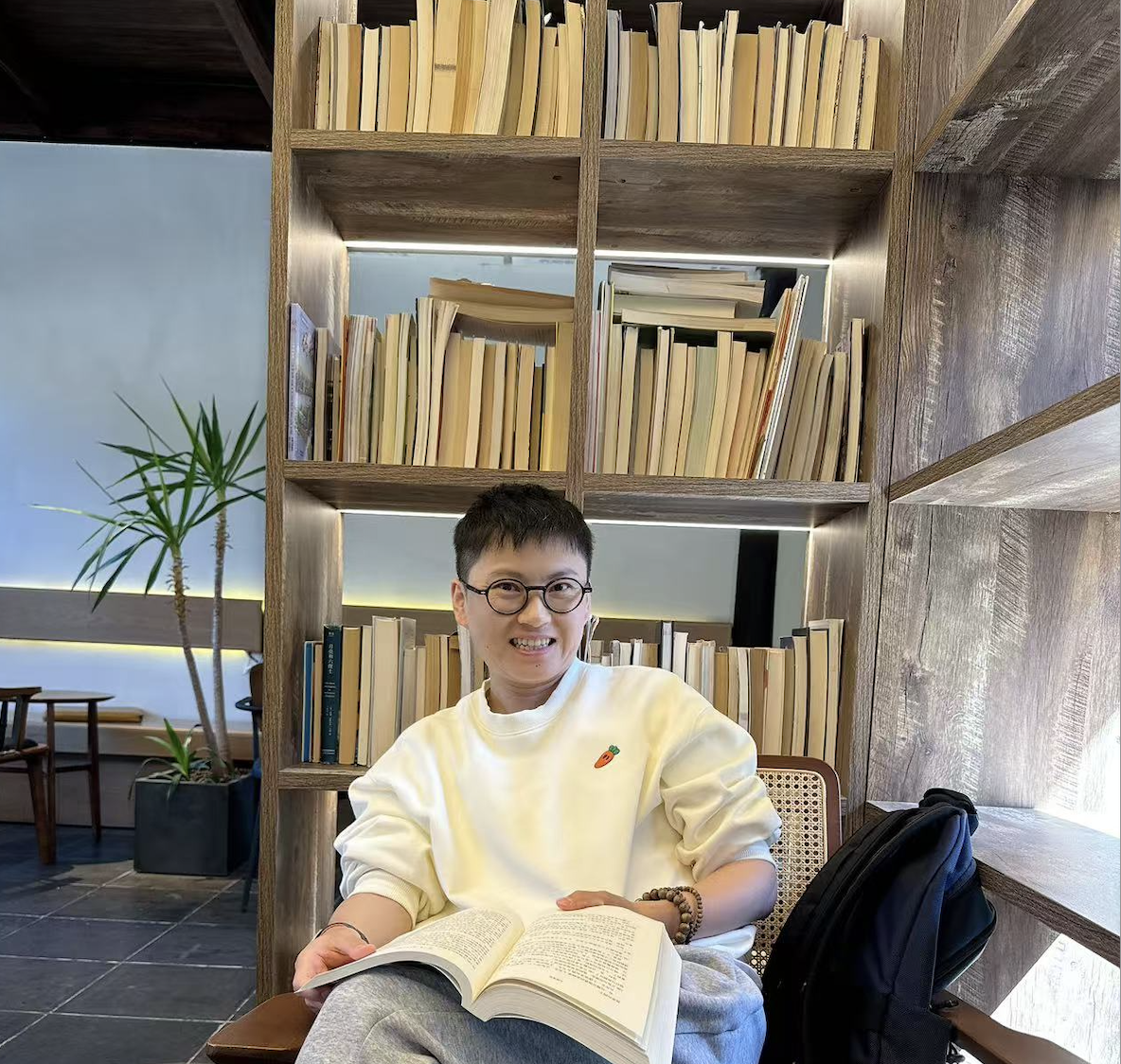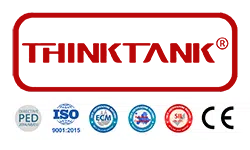In the process of petrochemical automation control, the selection and application of pneumatic control valves are particularly important. We will explore and study the application advantages, selection, application requirements, and installation considerations of pneumatic control valves, with the aim of improving the performance of pneumatic control valves for the long-term development of petrochemical enterprises.
Project Description
The chemical vinyl chloride plant uses plenty of single-seat control valves and this production line annual output of 100,000 tons of plastic pellets. There are two production lines of vinyl chloride plant compression, conversion, and fractionation section. A large number of pneumatic control valves are used in the conversion and fractionation section. Each control valve works in a completely different environment, each line assembly with one control valve, and some conditions design a bypass for the control valve, which can be controlled by manual valves. If the control valve fails, the bypass valve can be opened to ensure normal production.
Problem
The control valves seem to act normal, but the flow rate and pressure didn’t change via the different input signals.
Pneumatic Control Valves in Modern Chemical Factories
Pneumatic control valves are used in combines with other instruments to achieve automatic regulation and remote control of the flow, level, pressure, temperature, and other process parameters, for the media such as liquids, gases, steam, etc. in the production process. The pneumatic diaphragm globe type control valve plays a very important role as the final execution element of the automatic control system, and the performance of the control valve is directly related to the quality and safety of production.
Selection of Control Valves
The bellows sealed cage type pneumatic control valve adopts cage-guided, pressure-balanced trim, which is suitable for applications with large differential pressure. The use of a balanced sealing ring instead of the upper seat, so that the traditional double-seated control valve structure into a cage type single-seated design. This improvement greatly improves the leakage level of the cage control valve. The valve bonnet uses bellows and double seals packing, fundamentally eliminating the possibility of media leakage. This type of control valve is suitable for flow or pressure control of toxic or precious media. The trim using a pressure-balanced structure, opening, and closing force is small and only requires a small actuator thrust to drive, which means it has tight shutoff performance and allows a large differential pressure.
Pneumatic control valve cage-guided design with large guide area, good stability, compact structure, which can be quickly replaced valve parts in the site. It not only improves the maintenance efficiency but also saves manpower and time. The balanced trim structure ensures the minimum required actuator thrust. Thinktank is a modern enterprise specializing in the development, production, design, and consultation of control valves, pneumatic valves, electric valves, pneumatic diaphragm valves, and pneumatic angle seat valves. We adopt machining center and CNC machine tools and operate in strict accordance with the ISO quality management system.
The Common Problems of Pneumatic Control Valves in Chemical Plants, Troubleshoot and Solutions
Before disassembling and inspecting, we should be carefully analyzed the cause of the failure of the control valve, then provide an optimized solution for the case.
1. The Control Valve Does Not Work
Reason: no input signal or diaphragm cracking, actuator air leakage, thrust small, plug and seat or bushing jammed, or stem bending, so that the control valve can not work.
Solution: Check the signal line, and air power connector or replace the diaphragm or valve stem.
2. The Control Valves Seem To Act Normal, But The Flow Rate and Pressure Didn’t Change via the Different Signals.
Reason: The plug is off or the pipe is blocked.
Solution: If plug off then just need to reassemble plug and valve stem again. If the pipe is blocked, we need to clear the pipeline.
3. The Control Valve Action is Sluggish or Jumping
Reason: Aging of the sealing packing so that the stem and packing friction increases, or valve body contains viscous dirt and blockage, coking, and other impurities, or diaphragm and O-ring leakage.
Solution: Replace the seal packing, re-commissioning, or remove dirt, coking, etc.; or fasten the diaphragm pneumatic actuator, or replace the diaphragm, O-ring.
4. The Control Valve Works with Instability or Oscillation
Reason: The control valve size is too large, or valve installation direction is not correct, or the plug and cage guide serious wear.
Solution: Select and calculation the right size of the control valve, adjust the valve direction, improve the mating surface (grinding) or replace the plug, cage-guided.
Control Valve Maintenance Program Step by Step
1. Inspection Methods and Standards.
- Professional maintenance workers need to carry canisters, and vinyl chloride sniffers and be supervised by gas prevention station staff before disassembling and inspecting the control valves.
- Turn off the gas source, remove the positioner and gas source pipe, and disassemble the valve.
- Check the connection of the plug and stem, and check whether the connection pin can be removed, if not, you need to use special tools to take it off.
The disassembly procedure of the pneumatic control valve maintenance program in chemical plants
2. Assembly of the Valve after Inspection
- All components of the valve should be cleaned and checked before assembly, the assembly order should be from the bottom to top, the gasket added should be greased, and the packing added should be filled evenly.
- All fastening bolts and packing should be greased before assembly to facilitate the next maintenance and lubrication.
3. Calibration of the Pneumatic Control Valves
After the valve is assembled and installed with the positioner, calibration points should not be less than five points, 0%, 25%, 50%, 75%, and 100%. Slowly input the signal of each point into the positioner, and observe whether the travel corresponds to the scale, if not correspond, repeated calibration until reached the standard.
Commissioning and Inspection
a. Install the valve on the pipeline after calibration, confirm that there is no problem, and then notify the process workshop for delivery procedures.
b. Cooperate with the process engineer to switch from on-site hand operation to remote control operation.
c. Check whether the record file information after the overhaul is complete and accurate.
d. Open the control valve to check the packing and both sides of the flange if any leakage.
e. After commissioning of pneumatic control valve after 72 hours with good running, signed off by the relevant technical director qualified.
Safety Notes
Maintenance Safety Notes
Maintenance work must be operated by two or more people, enter the site maintenance must wear the required protective equipment, if the valve is found to be abnormal to deal with, must obtain the approval of the process manager, and take security measures before operating.
Inspection Safety Notes
Online use of the valve must be approved for maintenance, and the medium must be discharged clean before valve disassembly, and without any leakage before the operation. We also need to turn off the air power during the maintenance and use special tools to disassemble valves, please do not damage the parts. All parts should be covered with soft materials.
Commissioning Safety Notes
We should notify the process manager for approval before commissioning, and all maintenance staff should tight cooperation together for commissioning.





